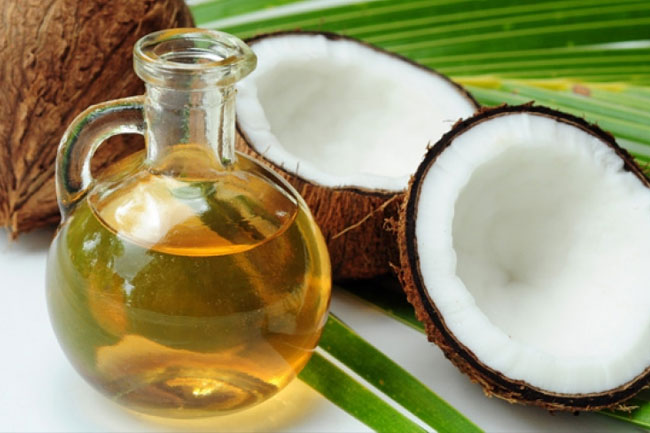PHIs issue notice over imported coconut oil
October 5, 2024 06:30 pm
The Public Health Inspectors’ Union has reassured the public that there is no need for undue concern regarding imported coconut oil.
Commenting regarding the rising suspicions surrounding the safety and quality of coconut oil entering Sri Lanka, the Chairman of the Public Health Inspectors’ Union Upul Rohana said: “When coconut oil is imported to Sri Lanka, a special inspection is conducted by food inspectors from the Food Control Unit at Sri Lanka Customs. Imported RBD (Refined, Bleached, and Deodorized) oil can be sold as regular coconut oil, provided it adheres to the standards set by the 1987 directives under the Food Act No. 26 of 1980. There is no legal obstacle to its sale.”
Mr Rohana emphasized that, in addition to customs inspections, the Public Health Inspectors conduct regular checks on coconut oil available in stores, both locally produced and imported.
“Random sampling and testing are done by public health inspectors. Sometimes we detect aflatoxins in both local and imported coconut oil, and in such cases, we take legal action and remove the affected products from the market,” he explained.
He also noted that Sri Lanka’s domestic production of coconut oil is insufficient to meet demand, which is why imports are necessary. “The public should not be alarmed. Imported coconut oil, as long as it complies with current standards, is safe for consumption,” Rohana stated, urging consumers not to succumb to unnecessary fears.
However, concerns have been raised by the All Ceylon Traditional Coconut Oil Producers’ Association, which alleges that a racket is operating, selling imported oil—claimed to be toxic—as locally produced coconut oil.












